How To Prevent Wifi Camera Hacking ?
To prevent WiFi camera hacking, there are several measures that can be taken. First, it is important to choose a strong and unique password for the camera's login credentials. This password should not be shared with anyone and should be changed regularly.
Second, it is recommended to keep the camera's firmware up to date with the latest security patches and updates. This can help to address any known vulnerabilities that could be exploited by hackers.
Third, it is important to secure the WiFi network that the camera is connected to. This can be done by using strong encryption protocols, such as WPA2, and by changing the default network name and password.
Fourth, it is recommended to disable any unnecessary features or services on the camera, such as remote access or cloud storage, that could potentially be exploited by hackers.
Finally, it is important to monitor the camera's activity and to be aware of any suspicious behavior, such as unauthorized access or unusual network traffic. This can help to detect and respond to any potential security threats in a timely manner.
1、 Strong Passwords
How to prevent wifi camera hacking? One of the most effective ways to prevent wifi camera hacking is by using strong passwords. A strong password is a combination of upper and lower case letters, numbers, and special characters. It should be at least 12 characters long and should not contain any personal information such as your name, birthdate, or address.
However, it is important to note that even strong passwords can be compromised if they are not managed properly. It is recommended to change your password regularly and not to use the same password for multiple accounts. Additionally, enabling two-factor authentication can provide an extra layer of security.
Another important aspect to consider is keeping your wifi camera firmware up to date. Manufacturers often release updates that address security vulnerabilities and improve overall performance. It is important to regularly check for updates and install them as soon as possible.
Lastly, it is important to secure your home network. This can be done by using a strong and unique wifi password, enabling network encryption, and disabling remote access to your router. It is also recommended to use a virtual private network (VPN) when accessing your home network remotely.
In conclusion, using strong passwords is an important step in preventing wifi camera hacking. However, it is important to also consider other security measures such as firmware updates, two-factor authentication, and securing your home network.

2、 Regular Firmware Updates
One of the most effective ways to prevent wifi camera hacking is by regularly updating the firmware of your camera. Firmware updates are released by manufacturers to fix security vulnerabilities and improve the overall performance of the camera. By keeping your camera's firmware up-to-date, you can ensure that any known security flaws are patched, making it more difficult for hackers to gain access to your camera.
In addition to firmware updates, there are other steps you can take to secure your wifi camera. First, make sure to change the default username and password of your camera to a strong, unique combination. This will prevent hackers from easily guessing your login credentials. You should also enable two-factor authentication if your camera supports it, which adds an extra layer of security to your login process.
Another important step is to secure your wifi network. Make sure to use a strong, unique password for your wifi network and enable WPA2 encryption. You should also consider setting up a guest network for visitors to use, which will keep your main network separate and more secure.
Finally, be cautious about where you place your wifi camera. Avoid placing it in areas where it can be easily accessed or tampered with, such as near windows or doors. By taking these steps, you can help prevent wifi camera hacking and keep your home or business secure.
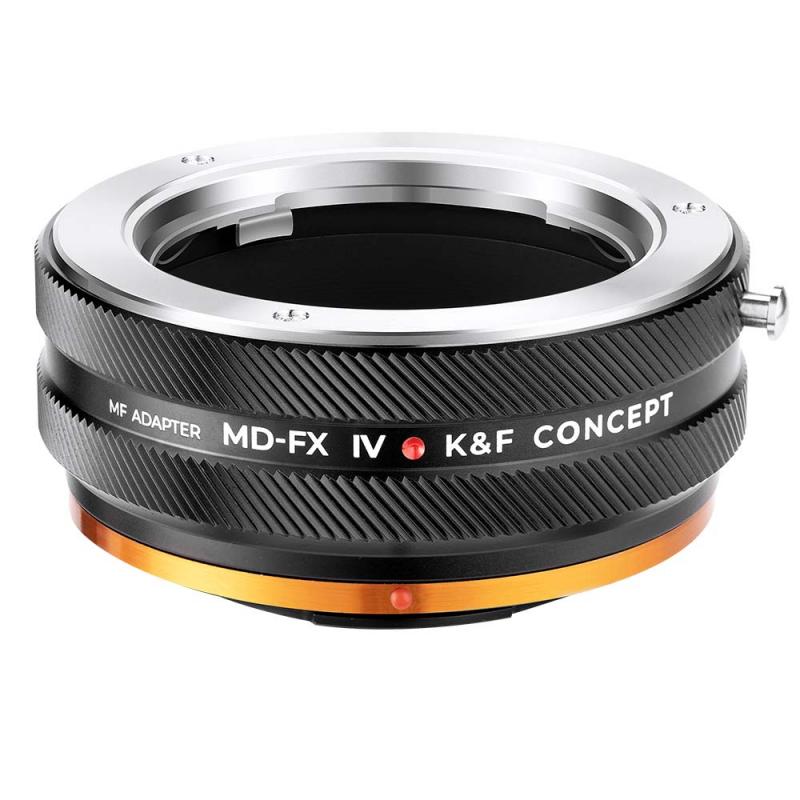
3、 Network Segmentation
One effective way to prevent wifi camera hacking is through network segmentation. This involves dividing your network into smaller, isolated segments, each with its own security measures and access controls. By doing so, you can limit the potential damage that a hacker can cause if they do manage to breach one segment of your network.
For example, you could create a separate segment for your wifi cameras, with its own firewall and access controls. This would prevent hackers from accessing other parts of your network even if they manage to compromise the cameras.
In addition to network segmentation, there are other steps you can take to protect your wifi cameras from hacking. These include:
1. Changing default passwords: Many wifi cameras come with default passwords that are easy to guess. Make sure to change these to strong, unique passwords.
2. Keeping firmware up to date: Manufacturers often release firmware updates that address security vulnerabilities. Make sure to keep your cameras up to date with the latest firmware.
3. Using encryption: Make sure your cameras are using encryption to protect data in transit.
4. Limiting access: Only give access to your cameras to trusted users, and make sure to revoke access for anyone who no longer needs it.
5. Monitoring for suspicious activity: Keep an eye out for any unusual activity on your network, such as unauthorized access attempts or data transfers.
It's important to note that wifi camera hacking is an evolving threat, and new vulnerabilities are constantly being discovered. As such, it's important to stay up to date with the latest best practices and security measures to keep your cameras and network safe.

4、 Disable Remote Access
One of the most effective ways to prevent wifi camera hacking is to disable remote access. This means that the camera can only be accessed from within the local network, and not from outside the network. Remote access is often enabled by default on many wifi cameras, which makes them vulnerable to hacking attempts.
To disable remote access, you can log into the camera's settings and look for the option to turn off remote access. This may be called something like "remote viewing" or "remote access control". Once you have disabled remote access, you can still access the camera from within the local network, but it will be much more difficult for hackers to gain access to the camera from outside the network.
It is also important to keep the camera's firmware up to date, as manufacturers often release updates that address security vulnerabilities. Additionally, you should use strong passwords for the camera and your wifi network, and avoid using default passwords that are easy to guess.
Another important step is to secure your wifi network by using encryption and changing the default network name and password. This will prevent unauthorized access to your network and any devices connected to it, including your wifi camera.
In summary, disabling remote access, keeping firmware up to date, using strong passwords, and securing your wifi network are all important steps to prevent wifi camera hacking. It is also important to stay informed about the latest security threats and take appropriate measures to protect your devices and network.
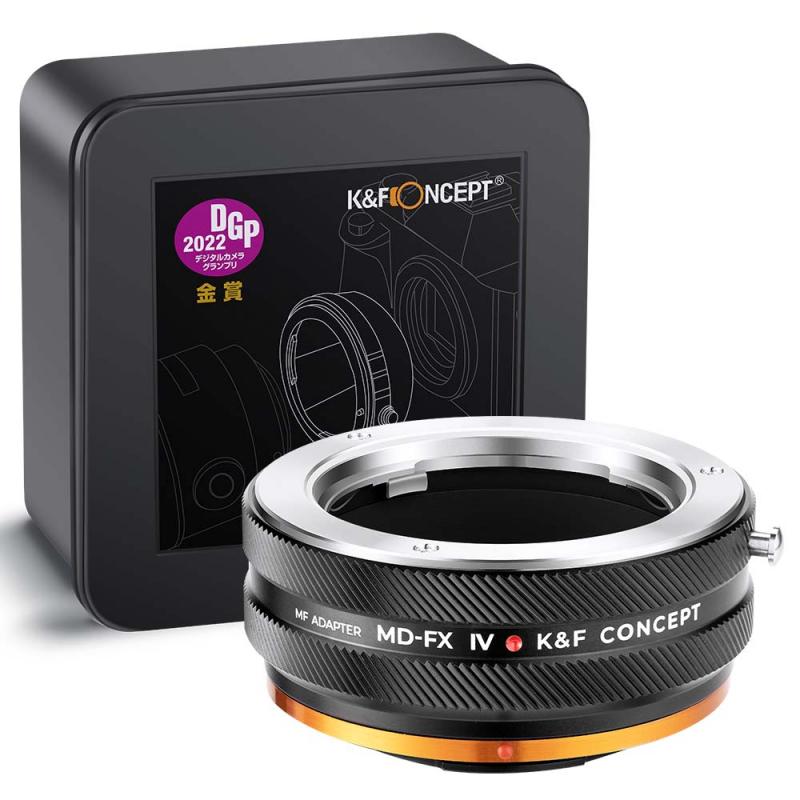




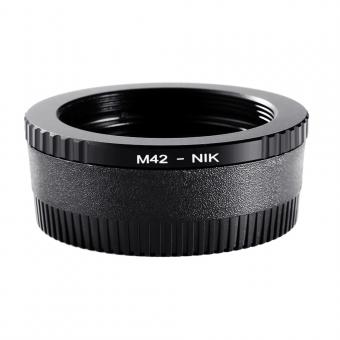

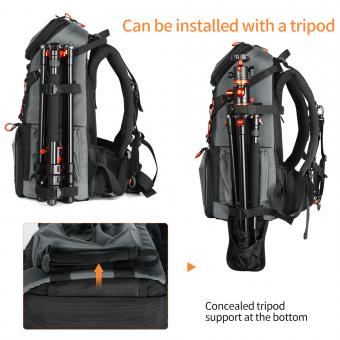

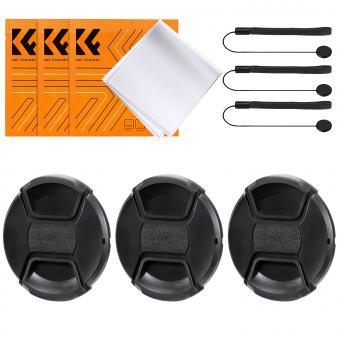
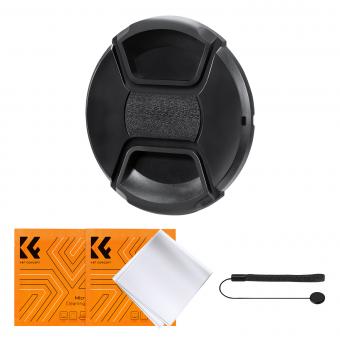



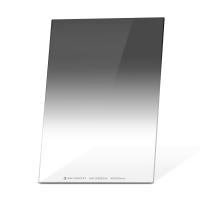



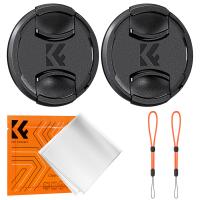


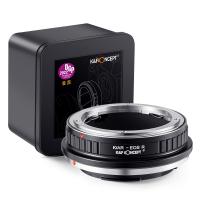










There are no comments for this blog.